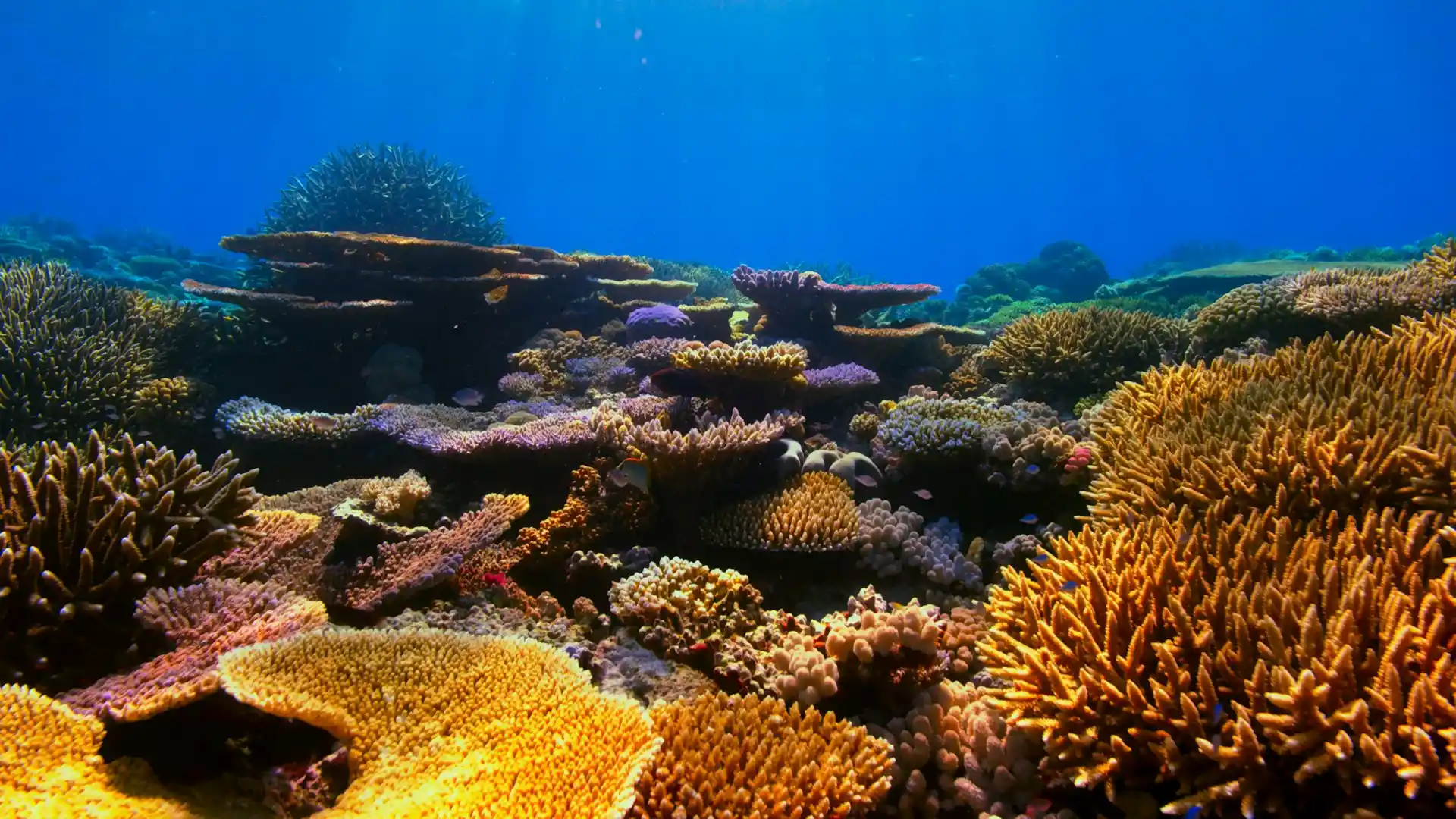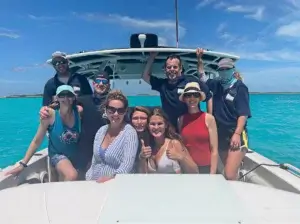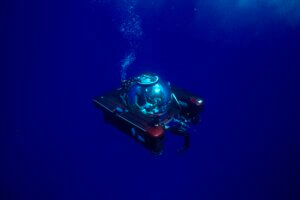Coral Reef Degradation and Ocean Conservation: A Global Biodiversity Crisis
The ocean is our planet’s lifeline and coral reefs are its living jewels. These colorful ecosystems support thousands of species and sustain coastal communities worldwide. Yet, coral reef degradation and ocean conservation have become urgent global concerns as climate change, pollution, and human exploitation accelerate reef loss.
This article explores why coral reefs matter, how their decline affects biodiversity and livelihoods, and what solutions can help protect them for future generations.
Why Are Coral Reefs Vital for Marine Ecosystems?
Although coral reefs occupy less than 1% of the ocean floor, they host nearly 25% of all marine species making them critical to the planet’s biodiversity.
Biodiversity Hotspots
Known as the rainforests of the sea, reefs provide shelter, breeding grounds, and food sources for countless species. The loss of reefs disrupts these habitats, threatening the survival of many fish, mollusks, and crustaceans.
Balance in Ocean Ecosystems
Coral reefs regulate nutrient cycles, sustain predator-prey relationships, and maintain oceanic balance. Their disappearance leads to ecological instability, algae overgrowth, and declining fish populations proving that coral reef degradation has far-reaching effects.
What Causes Coral Reef Degradation?
Coral reefs are extremely sensitive to environmental stressors. The leading threats to coral reef degradation and ocean conservation are human-driven.
Climate Change and Coral Bleaching
When sea temperatures rise, corals expel the algae (zooxanthellae) that feed and color them. This “coral bleaching” weakens reefs and can cause mass mortality if prolonged.
Pollution and Sedimentation
Plastic pollution, agricultural runoff, and untreated sewage smother reefs with sediment and chemicals, blocking sunlight and damaging coral tissue. Pollution is one of the biggest hurdles for effective ocean conservation.
Overfishing and Destructive Practices
Practices such as dynamite fishing or overharvesting herbivorous species destroy reef structures and upset ecological balance, accelerating degradation.
How Do Coral Reefs Support Human Livelihoods?
Beyond their ecological value, coral reefs are economic lifelines for millions of people.
Food Security for Coastal Communities
Reef fish are a vital protein source for nearly a billion people. As coral reefs decline, food security and nutrition suffer especially in developing coastal regions.
Economic Benefits Through Tourism
Reef-based tourism brings billions in annual revenue from diving, snorkeling, and eco-tours. The collapse of reefs could devastate local economies and livelihoods.
Natural Coastal Protection
Reefs act as natural seawalls, reducing wave energy, coastal erosion, and storm damage. Without them, coastal communities face greater risks from hurricanes and rising sea levels.
How Does Coral Reef Degradation Affect Marine Biodiversity?
The loss of reefs creates a chain reaction across the ocean ecosystem.
Habitat Loss
Many marine species from clownfish to crustaceans rely on reefs for shelter and breeding. As coral structures die, these species face extinction risks.
Disrupted Food Chains
Coral loss affects predators and prey alike, destabilizing marine food webs and reducing the ocean’s resilience.
Genetic Diversity Decline
Coral ecosystems hold immense genetic diversity. Their collapse reduces species’ adaptability to environmental changes, making the ocean less capable of recovery.
Human Consequences of Coral Reef Degradation
Coral reef degradation and ocean conservation are deeply connected to human well-being.
Impact on Fisheries and Jobs
Declining reefs mean fewer fish and reduced income for fishing communities, especially in island nations.
Health and Nutrition Challenges
Diminished reef fisheries reduce access to affordable seafood, increasing malnutrition risks in vulnerable regions.
Increased Climate Vulnerability
Reef loss exposes coastlines to severe flooding, hurricanes, and erosion, forcing climate-driven migration in some communities.
Ocean Conservation Solutions: Protecting Coral Reefs
Despite the crisis, hope exists. Proactive ocean conservation efforts can reverse coral reef degradation if implemented urgently.
Marine Protected Areas (MPAs)
Establishing MPAs restricts destructive activities, giving coral ecosystems a chance to recover and build resilience.
Sustainable Fishing Practices
Community-based management, bans on harmful gear, and regulated fishing help maintain reef balance.
Reducing Pollution and Carbon Emissions
Minimizing plastic use, improving waste management, and transitioning to renewable energy directly support coral health.
Restoration Projects
Scientists are growing corals in nurseries and transplanting them to degraded reefs. While not a complete solution, these efforts aid recovery and promote biodiversity.
A Call to Action for Ocean Conservation
The degradation of coral reefs is one of the most pressing crises in ocean conservation today. Their loss threatens marine biodiversity, weakens coastal communities, and reduces our planet’s resilience to climate change.
However, there are solutions, and they call for cooperation. Everyday citizens, NGOs, scientists, and governments all have a part to play. We at Seas Your Dreams are committed to educating the public, supporting reef research, and getting young people involved in ocean-friendly initiatives.
Join the movement for ocean conservation. Support coral reef restoration, reduce your plastic use, and help protect marine life for future generations. Together, we can turn the tide.
FAQs
Why are coral reefs important to humans?
They provide food, jobs, tourism income, and protect coastlines from storms and erosion.
What is coral reef bleaching?
It occurs when corals lose their algae due to rising temperatures, leaving them pale, weak, and vulnerable to disease.
How does coral reef degradation affect biodiversity?
It destroys habitats, disrupts marine food chains, and reduces the genetic diversity essential for adaptation.
Can reefs recover if protected?
Yes with reduced stress, pollution control, and restoration efforts, coral reefs can regenerate and thrive again.




